History / Economy / Politics
The History of Ivory Coast
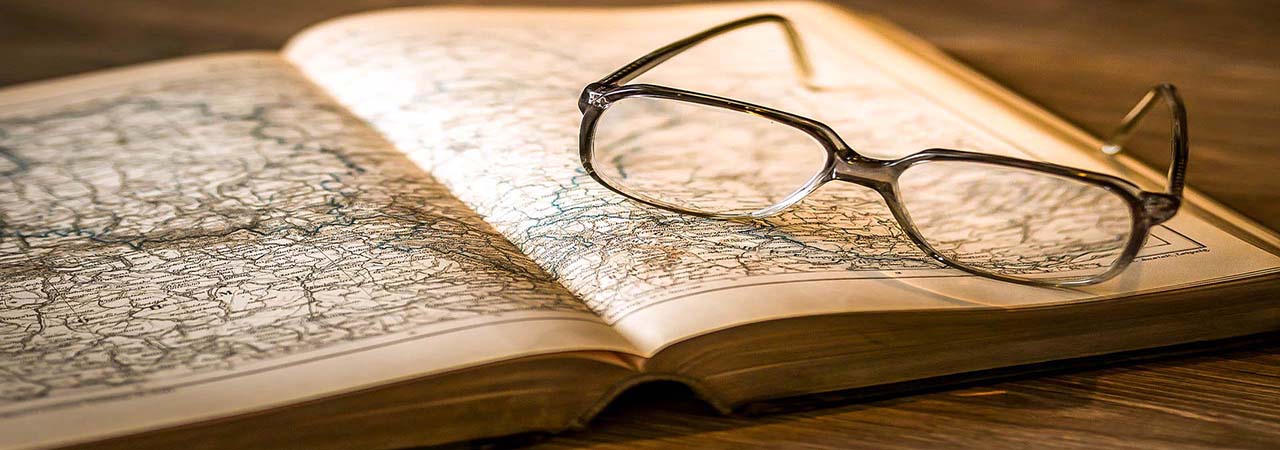
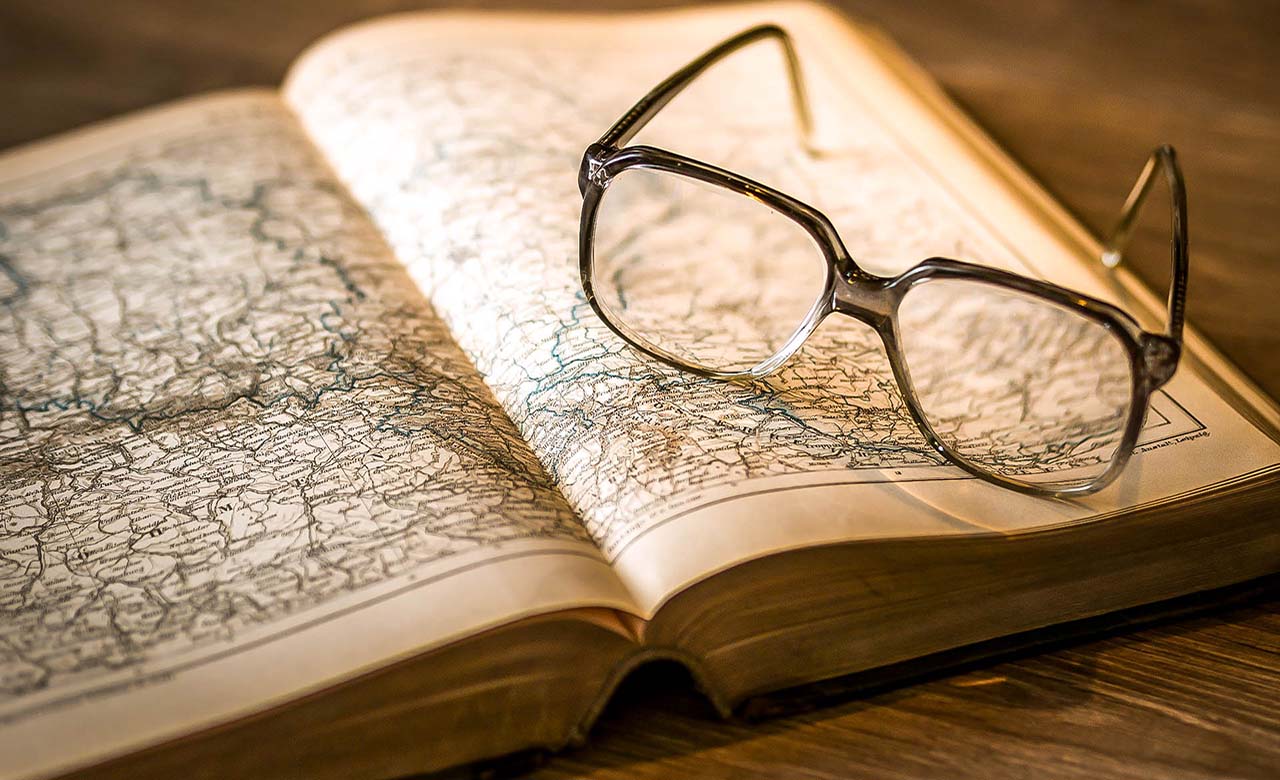
It is difficult to evaluate the date of the first human presence in Côte d’Ivoire. This is so because the bones are not well preserved in the humid climate that the country has. However, the discovery of fragments of weapons and tools proves that men were already present in large number during the latter half of the Palaeolithic (15 000 to 10 000 BC). The Portuguese sailors João de Santarém and Pedro Escobar were the first Europeans to land on the Ivorian coast in 1470-1471 (15th century) and were the only Europeans present on the Ivorian territory until the end of the 16th century. They were joined by the Dutch at the end of the sixteenth century, and then by the French and English at the end of the seventeenth century.
The slave trade
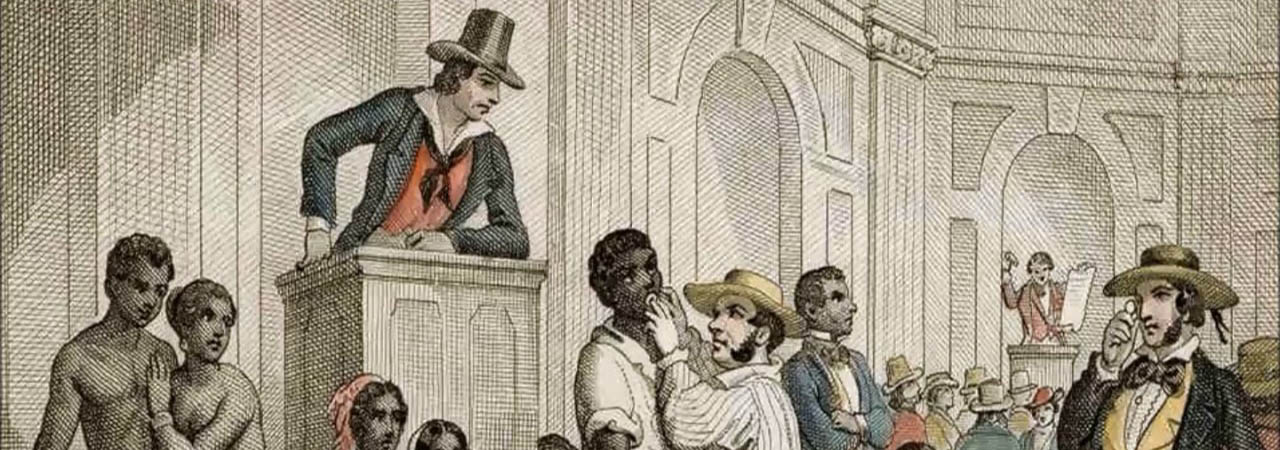
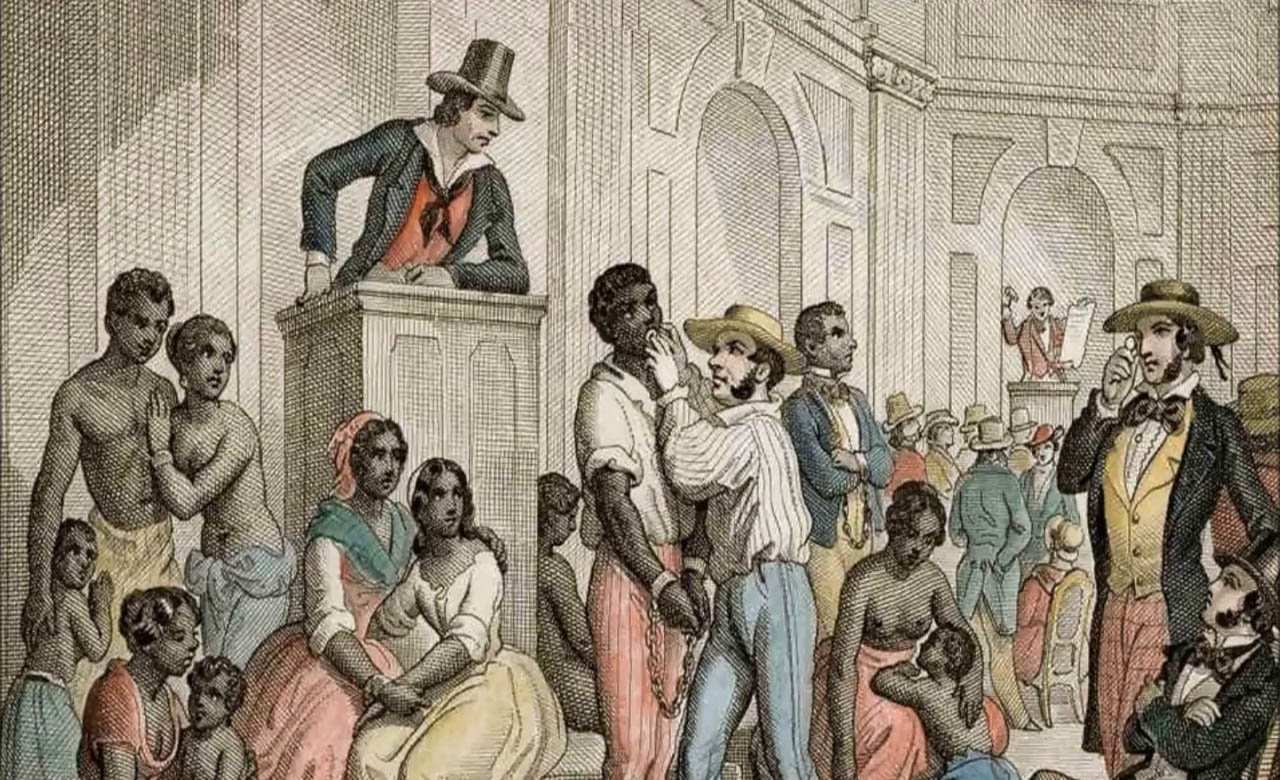
The slave trade is a scourge that ravaged Africa for three centuries until it was abolished in 1848. It resulted in severe depopulation, a sharp demographic decline but especially an intense hatred among different ethnic groups which finally resulted in numerous tribal wars. In effect, Europeans were reluctant to venture into the hinterlands. They rather preferred to pay Africans to obtain slaves for them. Thus, an important man hunts suddenly developed among different ethnic groups and caused the migration of the weaker ones. Experts have different opinions about the number of slaves exported. They estimate that the number of slaves captured is situated between 20 and 100 million across the continent. At the end of the 17th century, many Akans from Ghana, the Agnis, migrated to Ivory Coast to flee slave hunters, on the one hand, and to look for gold, on the other hand. They were soon to organize themselves into kingdoms and subjugate the new immigrants. Amon N’Douffou II was the most famous personality of this period. He was a sovereign of Sanwi, the most powerful kingdom which signed a treaty of protectorate with France in 1843.
Some important dates in the history of Ivory Coast
In 1884 at the Berlin conference, France, Britain, Germany and Belgium partitioned Africa in different zones of influence, permitting each of them to freely benefit from Africa.
From 1887, MAURICE TREICH-LAPLENE, a VERDIER clerk, went to the North and signed treaties on behalf of France with the Bettiés, Agnis and Abrons people. He finally settled in the city of Kong.
From 1887 to 1889, Louis BINGER (1856 – 1926) left Senegal and met TREICH-LAPLENE at Kong and they left for Grand-Bassam. During this period, SAMORY TOURE, a Guinean warrior in search of new territories arrived in Ivory Coast.
In 1892, worried about the rise of SAMORY TOURE, a battalion led by Captain MENARD was sent to capture him. The latter was massacred in Séguéla.
On March 10, 1893, the decree creating the Colony of Côte d’Ivoire was signed, and Louis BINGER became the governor and Grand-Bassam became the capital of the country. However, it was not easy for France to conquer the entire country since she was to face new resistances arising from colonization.
In 1893, another army was sent to attack SAMORY. He fled when he realized he could be defeated. A real manhunt began and SAMORY Toure was captured in 1898.
In 1899, a terrible yellow fever epidemic attacked Grand-Bassam. The French then relocated to Bingerville and made it the new capital of Côte d’Ivoire.
In 1933, for reasons of economic development, Abidjan became the capital of the French Colonial Ivory Coast and replaced Bingerville.
In 1944, the Brazzaville Conference, convened by General Charles De Gaulle to discuss the future of the French colonies, envisaged the possibility of autonomy.
In 1945, the various colonies obtained their representation in the French Constituent Assembly and Félix HOUPHOUËT-BOIGNY was elected as parliamentarian of Côte d’Ivoire. The following year, he succeeded to abolish forced labour in all the French colonies.
In 1959, Félix HOUPHOUËT-BOIGNY became Prime Minister of Côte d’Ivoire and led the country to independence. On August 7, 1960, Côte d’Ivoire gained independence.
On November 1960, Félix HOUPHOUËT-BOIGNY became the first president of the Republic of Côte d’Ivoire.
Economy
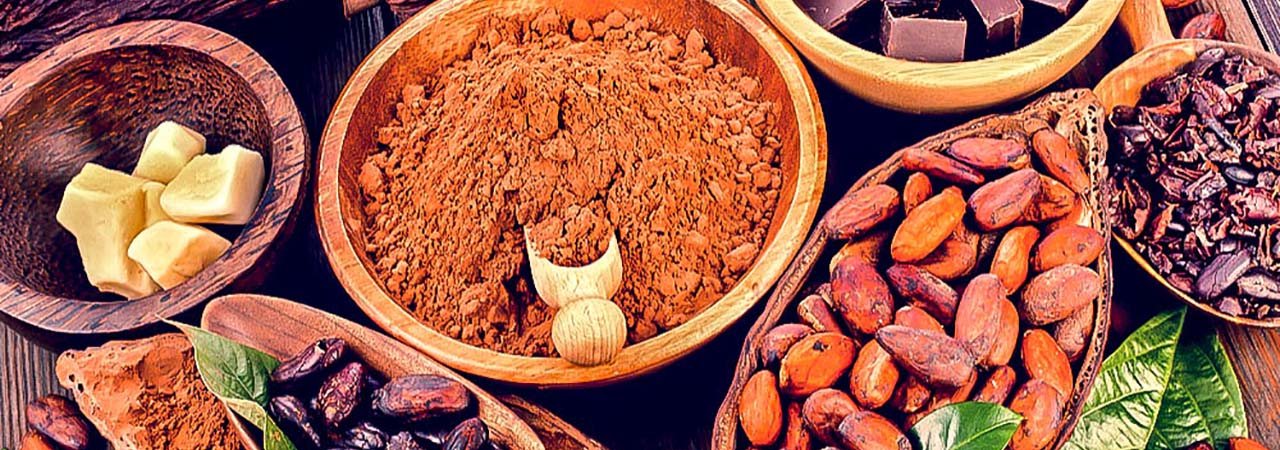
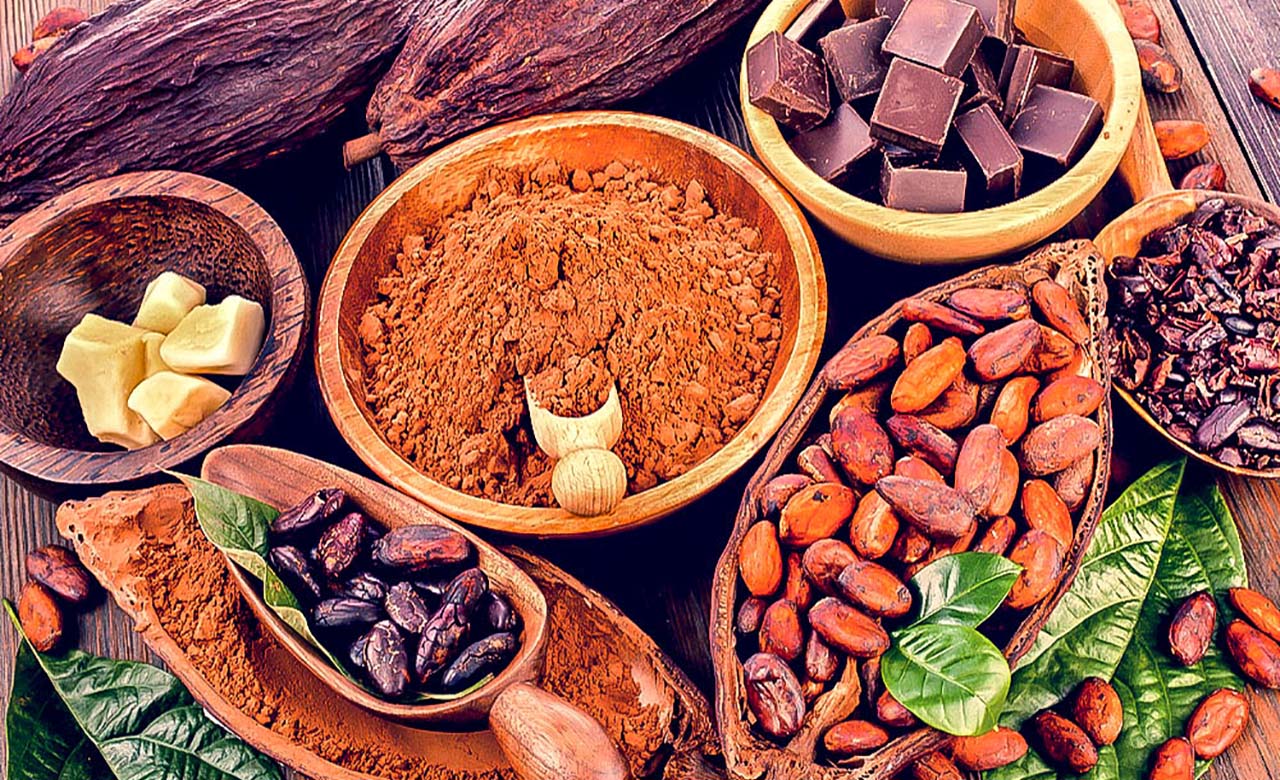
Côte d’Ivoire has one of the best-endowed economies in terms of raw materials in West Africa and Sahara sub-regions of Africa. Agriculture, livestock, fisheries and forest exploitation generate more than 66% of export earnings, constitute 27% of GDP and employ 2/3 of the active population. The main export crops such as palm oil, latex, cotton, sugar, fresh fruit (pineapple, banana) account for almost 40% of export earnings. Côte d’Ivoire is the world’s leading producer and exporter of cocoa with an annual production of around 1,700,000 tonnes processed on-site. Côte d’Ivoire also occupies an important place in the world production and export of coffee. In addition to agriculture, tourism, livestock, fishing and several other sectors of activity participate in the economic development of Côte d’Ivoire.
Politics
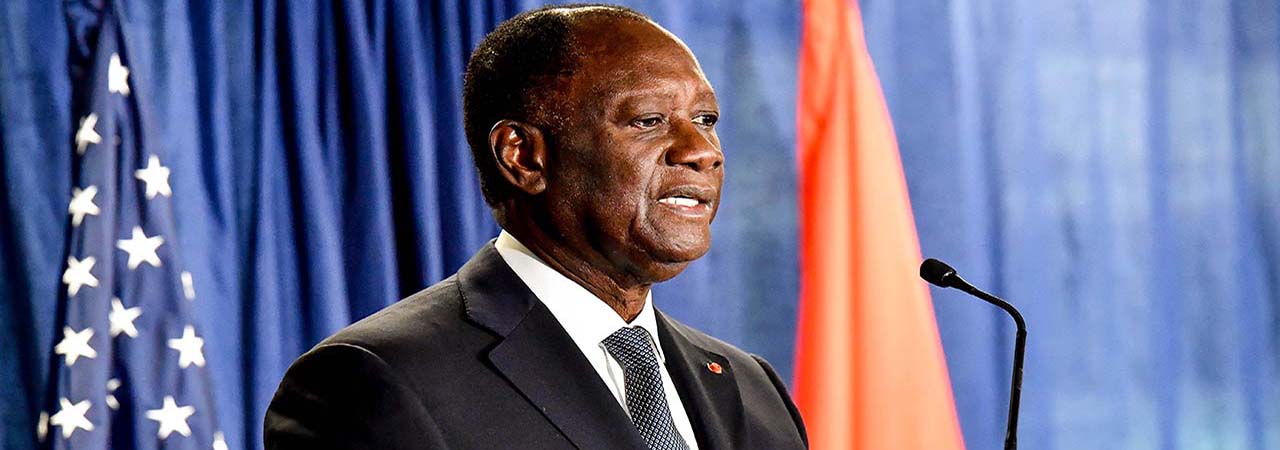
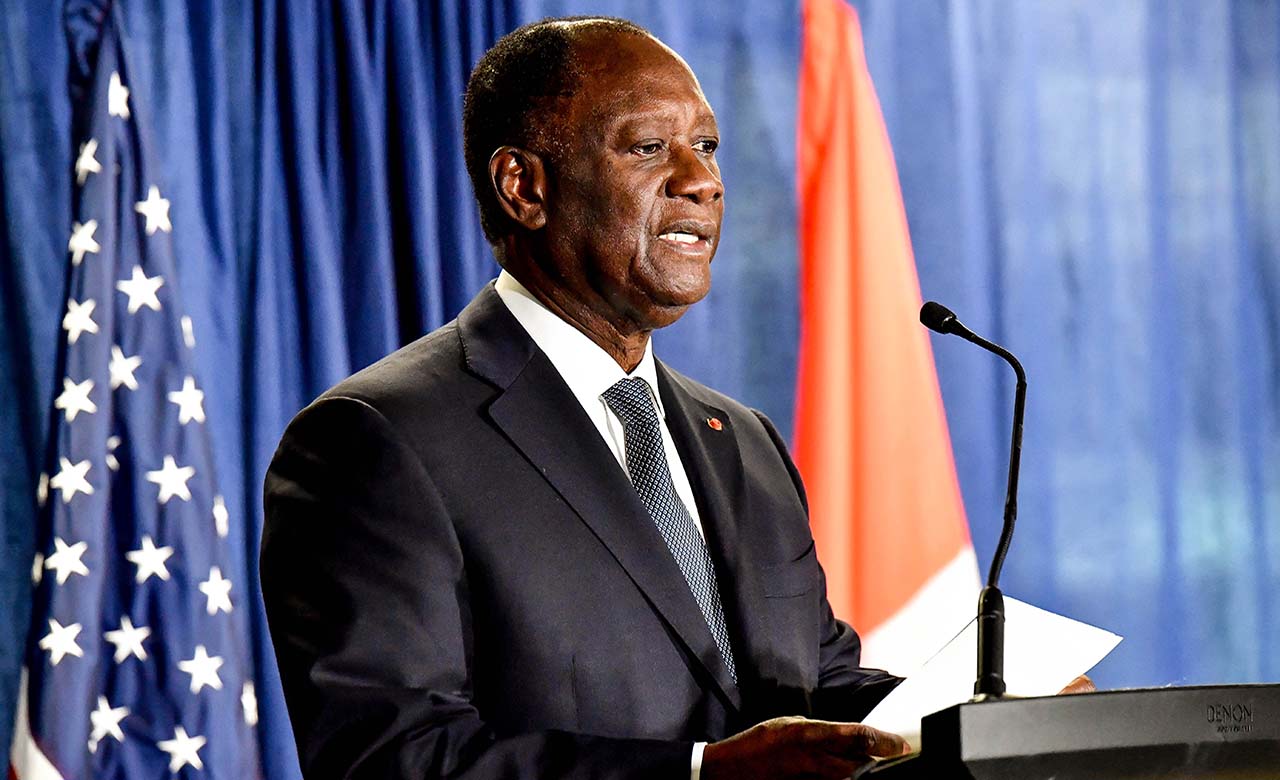
Côte d’Ivoire is a unitary state with a presidential regime. It has a presidential regime that is characterized by a separation of powers within the state. This includes executive power, the legislative power and the judiciary power. The President of the Republic is elected by direct universal suffrage, by a majority vote in two rounds for a term of 5 years and is eligible for re-election once. He is the chief executive and is the exclusive holder of the executive power. It guarantees national independence, territorial integrity and respect for international treaties and agreements. He is the supreme commander of the armed forces, watches over the respect of the Constitution, and ensures the continuity of the State. In his capacity as head of the administration, he appoints both civilians and the military. The Prime Minister is appointed by the President of the Republic. Following the Constitution, he holds no executive power. Contrary to the practice prevailing in the parliamentary system, the Ivorian Prime Minister does not come from the parliamentary majority. The members of the government, placed under his authority, are appointed on his proposal by the President of the Republic. He directs and coordinates government action and may delegate some of his duties to ministers.
